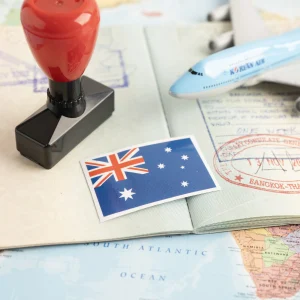Can I Live in Newcastle or Wollongong on a 491 Visa?
If you hold a 491 Visa, also known as the Skilled Work Regional (Provisional) Visa, understanding your residency options is crucial. This visa aims to attract skilled workers to regional areas, offering a pathway to permanent residency. Fortunately, both Newcastle and Wollongong are designated regional zones. As a 491 Visa holder, you can settle in either city, enjoying the benefits of regional living while meeting your visa requirements.









